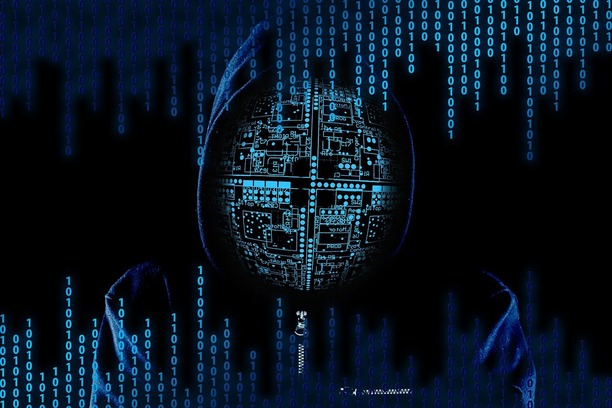April 2025 Issue
-

AI-Generated Green Inventions: Who Owns the IP for AI-Driven Sustainability Solutions?
The growth of artificial intelligence (AI) as a self-governed change maker is bringing into question the established structures of IP law and Green innovations. AI systems come up with new sustainability issues, such as carbon capture technology and energy-efficient materials, that may eventually lead to a debate over the ownership of these technologies. Is AI…
-

Assessing Intricacy of Consumer Dispute Resolution Through Mediation
The desire for timely, informal, and effective remedy has been the Raison d’être for the rise of Mediation. Despite consumer rights gaining momentum, justice to consumer has been hard to achieve therefore Consumer Protection Act, 2019, the applicable rules and Mediation Act, 2023 seek to address consumer concerns in a timely and informal manner so…
-

Climate Change and the Complexities of Migration and Immobility in India
In the wake of climate change, there in an increase in the use of the term “trapped population” and could be used as a policy tool.[i] However, the scholars also underscore the limitations and challenges of using this concept as a tool in the climate change policy discourse.[ii] The term “trapped” itself suggests that there…
-

E-Vulnerability: How Cybercrimes Are Entangling Youth As Both Victims and Perpetrators
The importance of cybercrime, particularly through the Internet, has increased as computers have become indispensable to various sectors, such as government, entertainment, commerce, etc., which are made punishable by the Information Technology Act, 2000, or subject to penal liability under the Bharatiya Nyaya Sanhita, 2023. Cybercrime is the use of a computer to carry out…
-

Crossing the Line: Legal Challenges and Solutions for Transboundary Environmental Harm
Air does not respect any borders, travelling from one place to the other making transboundary air pollution a global crisis. The concept of transboundary air pollution spreads across the international boundaries causing massive issues, but in some countries, it is more harmful than others. Amidst all the global issues, international law experts have raised the…
-

Academic Freedom and the Politics of Time: Market, Nationalism, and Resistance in Indian Higher Education
Academic freedom in contemporary India operates within a contested temporal-spatial framework where neoliberal market imperatives and Hindu nationalist agendas converge, constraining intellectual autonomy. This essay examines how competing chronotopes—time-space configurations that structure social relations—manifest in Indian higher education and how these temporal regimes shape academic labor. Drawing on Bakhtin’s theoretical concept, the analysis reveals how…
-

AI in Court: When Legal Tech Goes Rogue – Lessons from Mata v. Avianca
The legal industry is undergoing a technological transformation, with artificial intelligence (AI) emerging as a powerful tool for legal research, drafting, and case analysis. AI-driven platforms promise greater efficiency, reduced costs, and improved access to legal resources. These tools can quickly summarise case law, generate legal arguments, and assist in document preparation, tasks that traditionally…
